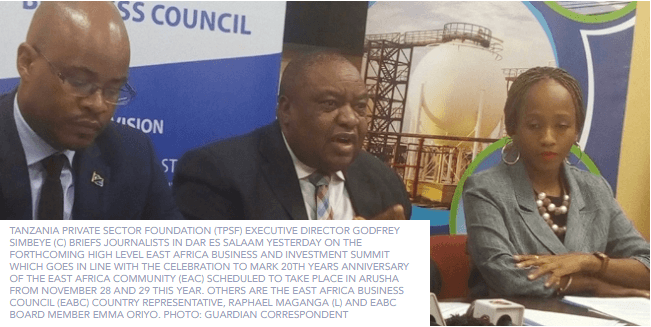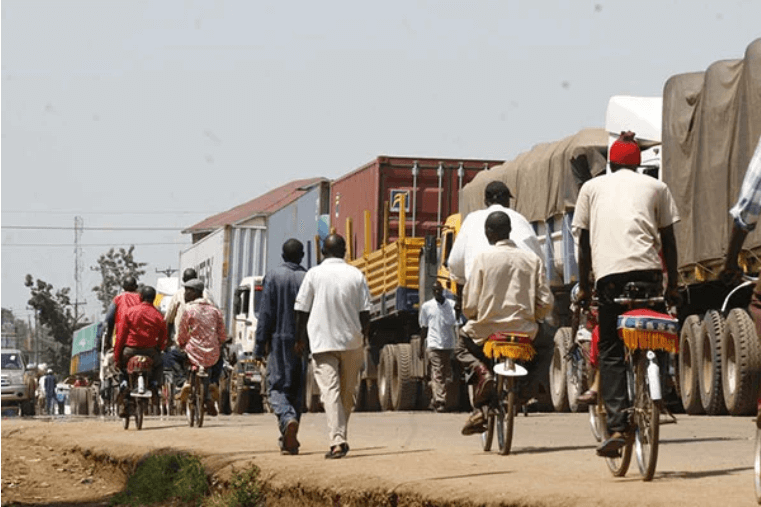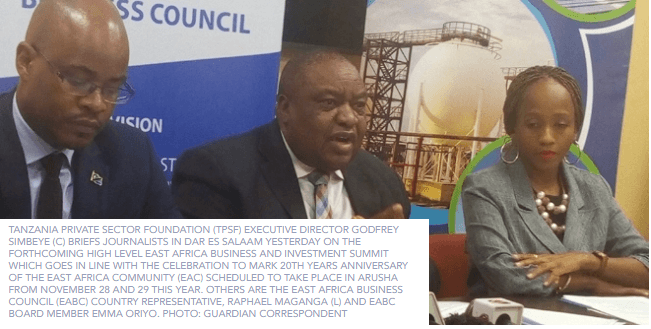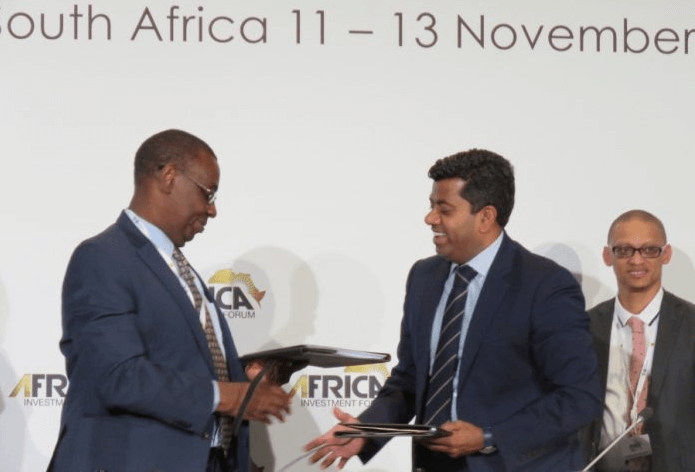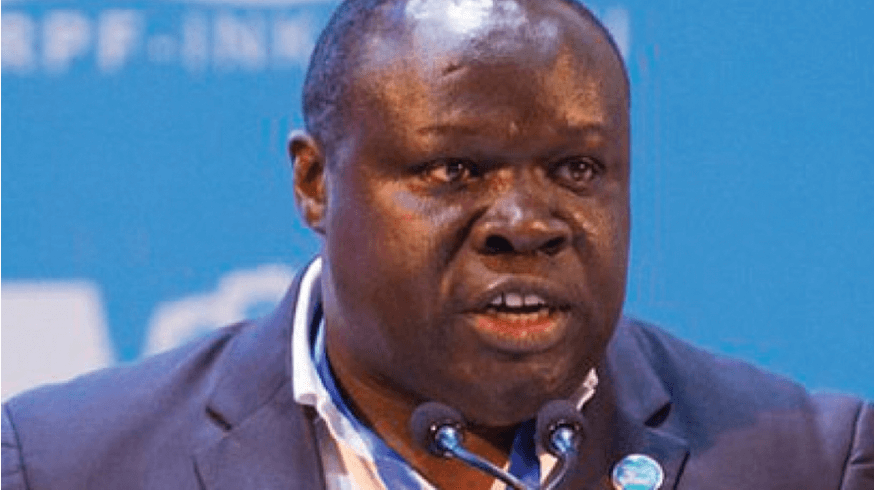For the first time, Africans need visas to travel to less than half of other African countries, the report finds. A record 87% of African countries either improved or maintained their score, an increase of 9 points from 2018. The biggest improvements were made by Ethiopia, which moved up 32 places to join the top 20 in terms of openness, mirroring the country’s progress in the World Bank’s Ease of Doing Business Index. Senegal’s move to introduce visas on arrival for some African countries and removing visas required before travel pushed it up into the top 10. Yet the freedom of movement that will be needed to make the Africa Continental Free Trade Area (AfCFTA) a success remains a work in progress. Africa’s infrastructure deficit was a central theme at the AIF, which highlighted the need to attract investment into large-scale railway and road projects. Such projects will both require and further stimulate the free movement of people. Only two African countries, Seychelles and Benin, offer visa-free access to all Africans. Higher income African countries are among the laggards. Seven out of eight of Africa’s upper-middle income economies have low visa openness scores, the report finds. Egypt, Morocco, Algeria and Cameroon remain near the bottom of the table. Trust deficit The absence of the protocol for free movement of persons was a notable omission from the agenda at the African Union Summit in Niger in July, according to a paper by Mehari Taddele Maru of the Migration Policy Centre at the European University Institute in Florence. The AfCFTA was launched at...
Across Africa, people still less free to move than capital or goods
Posted on: November 20, 2019
Posted on: November 20, 2019




